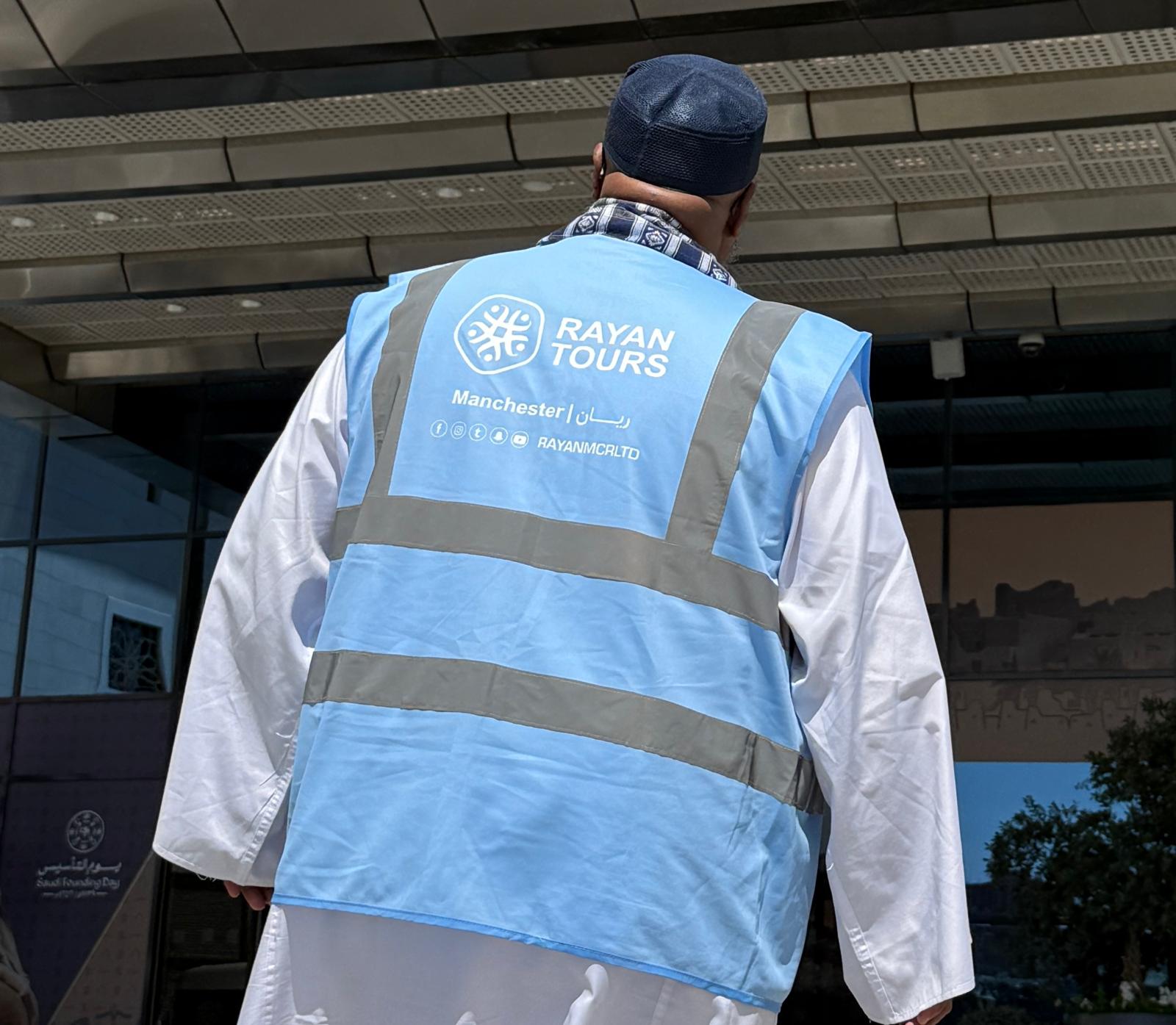
Umrah, often referred to as the "lesser pilgrimage," is a deeply spiritual journey undertaken by Muslims at any time of the year. While it is not as obligatory as Hajj, Umrah holds great significance and offers a profound experience of devotion. To ensure the proper fulfillment of Umrah, it is essential to understand its fundamental components, known as the pillars. These pillars are the essential acts that must be completed for the Umrah to be valid.
Essential Pillars, Obligations, and Sunnah Acts of Umrah
1. Essential Pillars (Arkan – Without them, Umrah is invalid):
1. Ihram – Entering the state of consecration with the intention of Umrah.
2. Tawaf – Circumambulating the Kaaba seven times.
3. Sa’i – Walking between Safa and Marwah seven times.
2. Obligations (Wajibat – If omitted, a penalty is required):
1. Ihram from the Miqat – Assuming Ihram from the designated boundary.
2. Avoiding Ihram Restrictions – Refraining from prohibited acts in Ihram.
3. Tahallul – Exiting Ihram by trimming or shaving the hair.
3. Sunnah Acts (Recommended but not mandatory):
Anything other than what has been authentically reported from the Prophet ﷺ is Sunnah; following it is better, but there is no sin on the one who leaves it.

